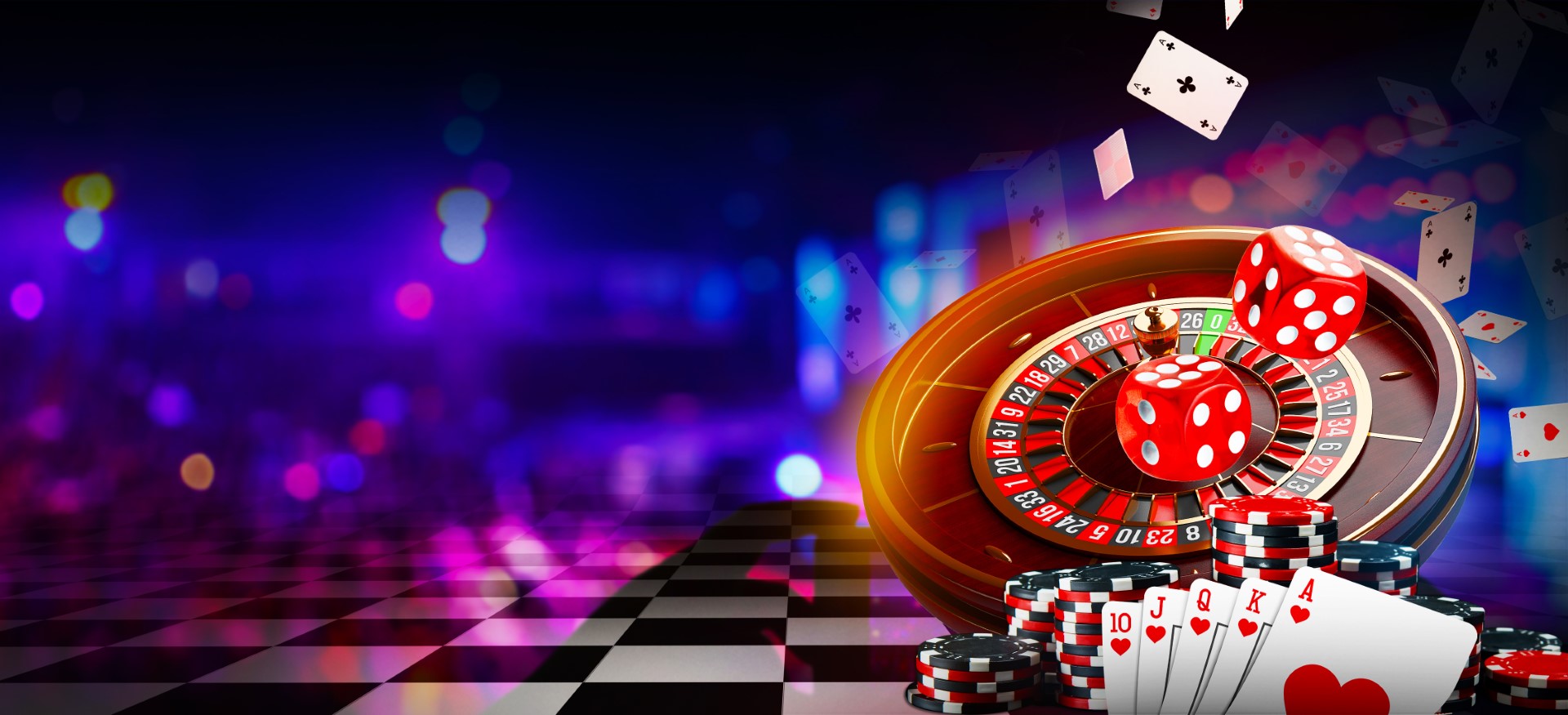
Casino experiences have long captured the interest of people around the planet, becoming an essential part of both leisure and society. From the shimmering lights of the Vegas Strip to the immersive experience of virtual casinos, these games evoke thrill, risk, and sometimes even a sense of nostalgia. They are more than just hobbies; they have woven themselves into the tapestry of our lives, influencing everything from film and melodies to clothing and writing.
The allure of casino games transcends the gambling aspect, tapping into broader themes of serendipity, possibility, and human behavior. As players convene around a gaming table or rotate the wheel of fortune, they engage in an ancient ritual that connects with our shared desire for adventure and unpredictability. This obsession has led to the emergence of countless references in movies, songs, and gaming, showcasing how deeply entrenched these pastimes are in mainstream culture. Whether it is the intense drama of a classic caper or the lively nightlife portrayed in videos, casino games have established a substantial role that reflects our bond with reward.
Social Impact of Casino Games
Casino games have played a pivotal role in social contexts throughout the ages. Originating from ancient societies, forms of chance were often connected to ceremonies or gatherings. For example, early forms of gambling can be traced back to ancient Chinese and the Roman Empire, where dice games and wagering on outcomes were common pastimes. These games not only served as entertainment but also as means of social interaction, facilitating connections among individuals within communities.
As societies evolved, so did the sophistication and organization of casino games. The creation of formal casinos in the 17th century, particularly in Italy, marked a major shift in how games were viewed and structured. With designated spaces for gambling, the casino became a social hub where people from various backgrounds gathered. This evolution contributed to the legitimization of gambling, transforming it from a mere pastime into an organized industry that shaped economy and policy. BJ88
The impact of casino activities on popular culture cannot be overlooked. As they were popularized in literature and film, games such as Texas Hold’em and 21 became symbols of chance, luck, and tactics. Iconic characters and narratives have developed around these games, illustrating societal views towards luck, prosperity, and immorality. This interest with casino games has permeated various forms of entertainment, cementing their status in the public imagination and linking them to wider cultural narratives throughout history.
Portrayal of Gambling Activities in Media
Gambling games have long been a popular theme in different types of entertainment, reflecting both the thrill and nuances of gambling culture. Films such as Ocean’s 11 and Casino Royale portray individuals who navigate intense situations, showcasing not only the appeal of the gambling environment but also the methods and judgments that come with playing popular games like Texas Hold’em and blackjack. These films often dramatize the exhilaration of winning and the potential results of losing, encapsulating the dangers involved in betting.
TV programs have also explored the world of gambling activities, often integrating them into the narrative as a backdrop for story progression and conflict. Shows like Vegas depict the experiences of casino workers and customers, highlighting the vibrant, often disorderly energy of the gaming floor. Reality shows featuring intense gambling competitions further emphasize the fascination of casino games, drawing viewers into the excitement and planning involved in each game. Through these portrayals, media not only amuses but also sparks conversations about luck, expertise, and the nature of chance.
Gaming have increasingly included casino games into their structure, allowing players to simulate the thrill of gambling without monetary loss. Titles within the domain of digital gaming often include virtual slots, online poker, and other casino favorites, creating an interactive experience that mirrors real-life gameplay. These virtual portrayals make gambling activities accessible to a worldwide viewer base, appealing to both gamblers and those who enjoy the rush of simulation. As a consequence, the portrayal of casino games in media continues to shape societal views and cultural significance, highlighting their function in society and social context.
Impact of Gambling Activities on Society
Gambling activities have a meaningful impact on society, influencing multiple facets of societal norms and social behavior. They often serve as a platform for community engagement, where people gather to experience a shared experience. Casino trips with friends or visits to casinos become group events that build connections and create shared moments. This communal aspect boosts the fun value of gambling activities, making them a popular choice for celebrations and recreational pursuits.
Additionally, casino games have been depicted in countless movies, television shows, and literature, influencing views and attitudes towards gaming and gaming. Icons like James Bond competing in baccarat or the intense poker scenes in films have embedded these games in the shared imagination. This representation often idealizes the lifestyle associated with casino activities, attracting new players and impacting trends in both fashion and behavior. These representations can spark curiosity and lead to a more profound investigation of the intricacies of gaming.
However, there are also negative consequences associated with the popularity of casino games. The temptation of quick monetary gain can lead to gambling addiction and financial troubles for some individuals. The community must grapple with these issues, promoting responsible gaming and awareness of the dangers involved. Balancing the fun aspect of gambling activities with the risks is crucial to ensure that they remain a beneficial aspect of our societal fabric.
